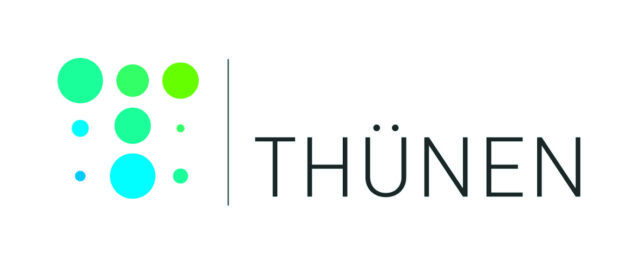Aquaculture is one of the fastest growing sectors of global food production and lies at the core of transformative processes driven by increasing water scarcity, environmental pressures, and the growing demand for sustainable protein sources. Under the theme of “Water. Harvests. Our Future.”, this panel explores how aquaculture can contribute to sustainable water management and improved water quality through technological innovation and ecological integration.
The discussion will focus on recirculating aquaculture systems (RAS), aquaponics and integrated multi-trophic aquaculture (IMTA), which enable closed-loop production, significantly reduce water consumption, and minimise nutrient discharge. These technologies exemplify how technical advancement can enhance ecological efficiency while maintaining economic viability.
The potential of algae and shellfish cultivation will also be examined for its capacity to improve water quality through nutrient uptake, filtration and carbon sequestration, thereby contributing to the restoration of aquatic environments. Traditional pond aquaculture will also be considered for its role in water retention, nutrient cycling, and the provision of ecosystem services that support landscape and biodiversity conservation.
The cornerstone of the discussion will be the question of how aquaculture can be positioned as a key driver in the transformation towards sustainable, water-secure food systems. The panel will address how technological innovation, ecological integration, and adaptive management strategies can collectively promote a more resource-efficient and environmentally responsible aquaculture sector. Ultimately, the aim is to highlight how aquaculture can play a pivotal role in safeguarding global water resources and protecting aquatic ecosystems while contributing to resilient and sustainable food production.



